Two major countries are in the pipeline to possibly join the Abraham Accords: Saudi Arabia and Syria.
In Syria, Bakr Simantov has won the title of ‘The Last Jew in Damascus.” Like many titles, it is a bit of an exaggeration, as there are four male Jews and two female Jews remaining in Damascus. Simantov serves as the head of the congregation of the smallest Jewish community in the world, despite its geographical proximity to Israel.
In an interview with Shlomo Cooperman in the Hebrew Mishpacha magazine, Simantov said that in his 60 years in the Syrian capital, he has learned to live his life as a Jew alongside the development of the Jewish state across the border. It was not always easy, but now he feels that history has opened an opportunity that never existed before.
“People and neighbors keep asking me when there will be peace with Israel,” he told Mishpacha. “They look at you with awe that never existed before. The State of Israel has become a superpower.”
“The Syrian people are ready for peace with Israel,” he said. “It’s not a matter of if, it’s a matter of when. In my opinion, it could be very soon.”
“We suffered for many years under the rule of the Assad family regime, father and son. The restrictions on Jews were draconian and included a violation of freedom of movement, residence, and occupation. We were not even allowed to hold property beyond our private home, nor to acquire advanced education such as medicine or law. The community members were thus prevented from being able to advance economically or move to key positions of influence. Even to leave our neighborhood, we had to obtain permission from the Mukhabarat [Syrian intelligence agency responsible for surveillance of citizens.]
“External parties trying to contact the Jews could be interrogated by Syrian security forces about why they were talking to the Jews and what they wanted. Just like in a ghetto. I certainly couldn’t call family in Israel in those days.”
When asked about his relationship with his neighbors, Simantov emphasized that he mainly lived his life alongside Muslim, Christian, and Druze neighbors in complete harmony. “There were more tense periods, mainly in the past, but in recent years there is a lot of respect and warm relations. We live here together, with each other, and I don’t remember ever feeling threatened. I can even say more than that,” he added. “When I walk down the street, most passersby who recognize my face greet me with ‘Shalom Aleichem’ in Hebrew specifically because I am Jewish.”
Simantov added that during the civil war, the Jews who remained were relatively safe and were protected by the regime, but the acts of murder and brutal oppression aroused the anger of anyone who believed in basic human rights.
“It’s unbelievable that the world let this happen,” he said. “Hundreds of thousands of people were murdered, hundreds of thousands, and the whole world was silent. True, Assad was persona non grata in most Western countries, and besides Russia, which was his patron, and a number of Arab countries (e.g., Iran), no one really had normal diplomatic relations with him. But no one really acted to stop the atrocities, the oppression, or the killing. This is a message to anyone who thinks that the enlightened and compassionate world will fight for their well-being. They should know that they don’t interest anyone, unless it is Palestinians fighting Israel.”
“The suffering of the Syrian people proves that the world is not really interested in the suffering of others; it’s all interests.”
Regarding the fall of Assad, Simantov said, “The people here didn’t really believe it would happen anymore. After so many years of oppression and despair, you lose hope for the desired change. Entire generations of Syrians have become accustomed to the fact that they live under a cruel, elitist, and megalomaniacal regime, which deprives them of their personal freedom, their ability to lead a normal life, and their happiness. But that now belongs to history. The Syrian people have earned the right to write their history in blood, and they deserve all the praise for it. Thanks to the courage of the people who never lost hope, Syria is freed from this dark yoke called Assad.”
“People here know that this was made possible thanks to the State of Israel, and this is what causes mixed feelings towards the actions of the State of Israel in Syria,” Simantov elaborated. “On the one hand, the Syrian citizens appreciate Israel as a powerful factor, a nuclear and military power that managed to inflict a mortal blow on its enemies, but it is difficult to say that they look favorably on the Israeli intervention between factors in Syria (such as the Druze and the Kurds against the Turks) and the various actions it takes in destroying the facilities of the Syrian army. All these things are sensitive internal issues in Syrian society, and the Israeli intervention, even if justified in Israeli eyes, has a negative impact in internal Syrian terms.”
Despite the negative impact, Simantov said that “the Syrians see the State of Israel as a powerful and generally positive factor, and many of them yearn for peace with Israel. It stands to reason that the right of the State of Israel to defend itself is something basic in the understandings for such a peace agreement, and there is no doubt that the Syrian people will stand behind it. There are other Arab countries that have signed peace agreements with the State of Israel and created history, a reality that did not exist before. And here we see that despite this, the State of Israel is fighting with tremendous force against its enemies, despite those agreements. The reason for this is that even in Arab countries like the Gulf States, even Saudi Arabia, which is in the crosshairs, they understand very well that if the people of Israel lay down their arms, they will be destroyed.”
“I repeat and emphasize: all my neighbors and acquaintances here in Damascus yearn for peace with Israel without exception,” Simantov concluded.
(YWN Israel Desk—Jerusalem)




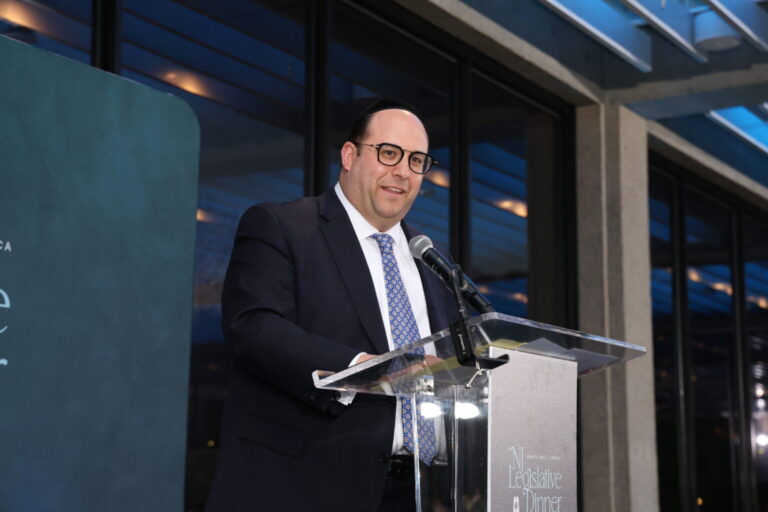
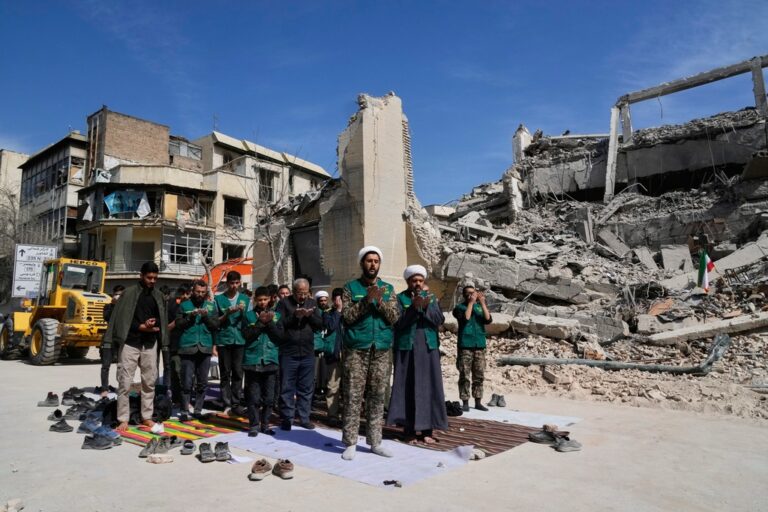
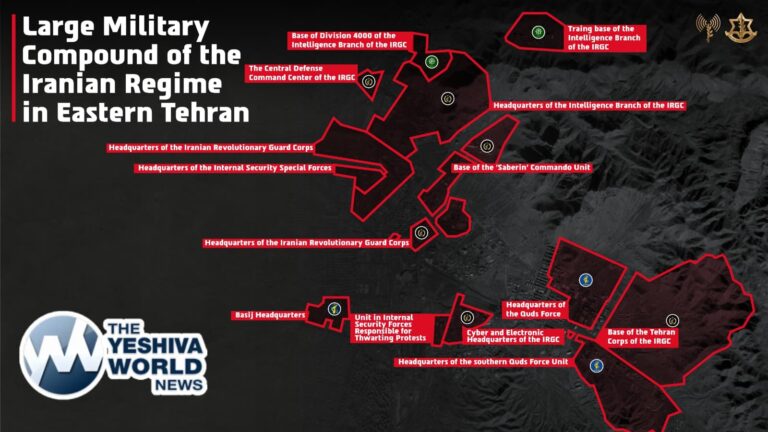

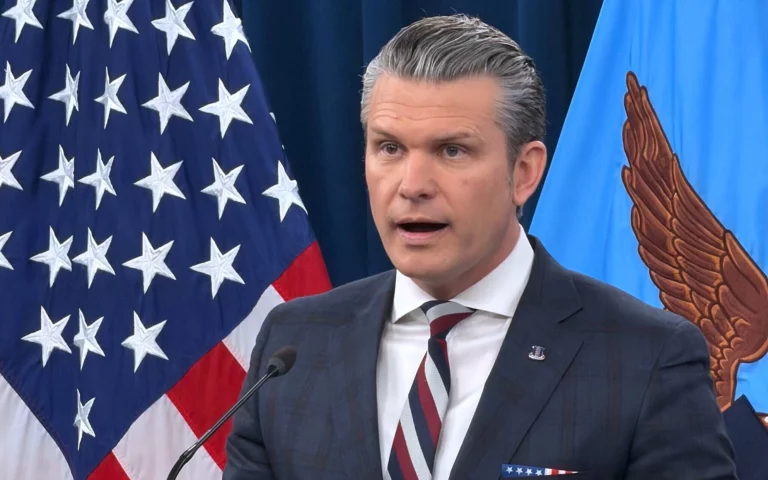
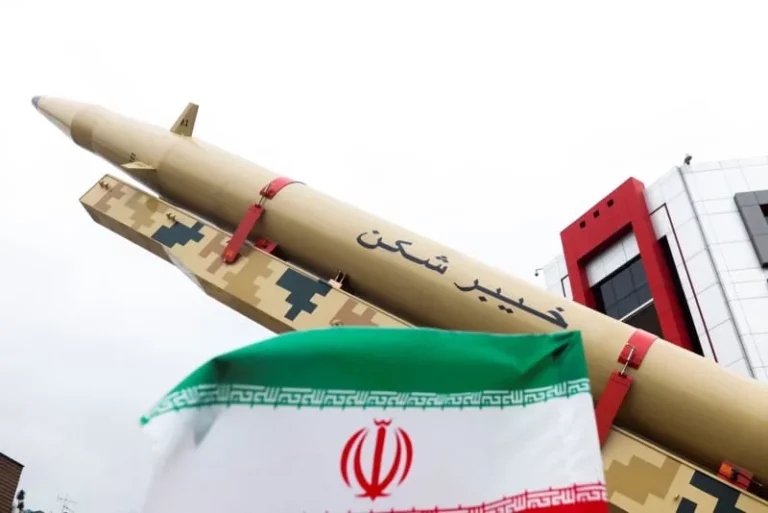


One Response
Iran is not an Arab country